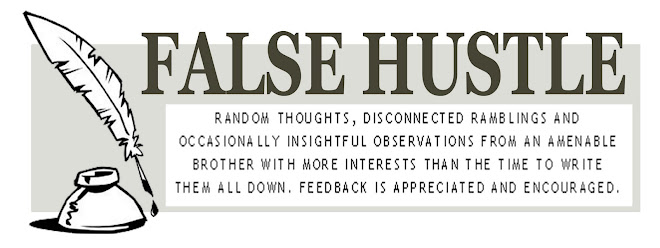My first thought is that I sincerely hope no horny teenagers get wind of this new information.A new commentary, “Better Than Nothing or Savvy Risk-Reduction Practice? The Importance of Withdrawal,” by Rachel K. Jones et al., published in the June 2009 issue of Contraception, highlights that withdrawal is only slightly less effective than the male condom at preventing pregnancy. Yet there is a general reluctance among health care providers and individuals alike to consider withdrawal as a viable method of contraception—even as a backup to more effective methods or as an alternative to not using contraceptives at all—which likely stems from misconceptions about its effectiveness at preventing unintended pregnancy.
The best available estimates indicate that with “perfect use,” 4% of couples relying on withdrawal will become pregnant within a year, compared with 2% of couples relying on the male condom. More realistic estimates suggest that with “typical use,” 18% of couples relying on withdrawal will become pregnant within a year, compared with 17% of those using the male condom. In other words, with either method, more than eight in 10 avoid pregnancy.
Secondly, there's a reason withdrawal is known in some quarters as "pull and pray." As Rachel notes, "even the best-intentioned person can lose their head (yeah yeah yeah) in the heat of the moment."
I'm all for couples in long-term, monogamous relationships using withdrawal if it's the method that works best for them. But beyond that, I - and the authors of the study - understand the reluctance of health care providers and educators publicly pushing withdrawal as a viable method of contraception.
Though the study focuses on the relative efficacy of withdrawal, it's quite obvious withdrawal does nothing to protect partners from exposure to sexually transmitted diseases. I'm also interested in figuring out what constitutes "perfect use" of withdrawal - is there really such a thing?
However, I also can't see how more education would be such a bad thing. I'm all for everyone being aware of their options. And if withdrawal is one of those options, and it's truly better than nothing, then I'm cool with it if it means a reduction in unplanned pregnancies.
Because we all know abstinence is the best option. But best, of course, works better in theory than in the backseat of a Honda Civic.
.jpg)
2 comments:
I agree for the most part. I never bought into the whole "If you tell the young folks about sex then they'll have more of it" theory. They're teenagers. They're horny. We have to accept that and move forward. Hell, if they have email, they have porn waiting for them in their junk mail everyday. They know about sex.
That said, I've never been a big fan of the pull & pray, primarily because of it's lack of protection against STIs, which a lot of young folks need more education on. Also, it requires a level of control and timing that some adults aren't even capable of, let alone kids.
Everything you said, Jack T. Especially that final sentence.
And I'm skeptical that "perfect use" happens much, if at all, with the withdrawal method.
Post a Comment